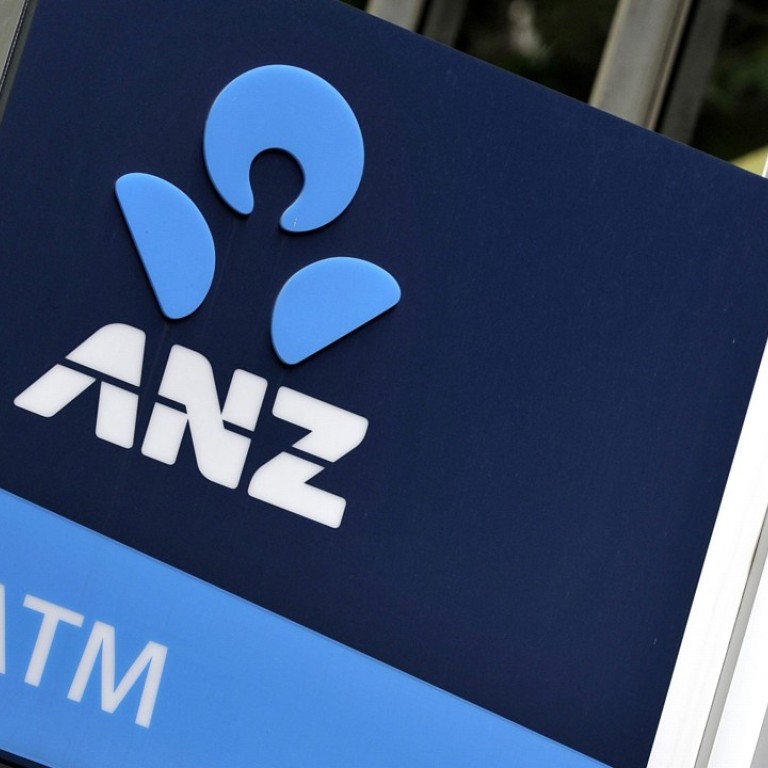
With revamp complete ANZ poised to grow institutional business in Asia
The Melbourne-headquartered Australian bank expects 5pc revenue growth from its Asian institutional operations
A slimmed down ANZ, which embarked on a restructuring of its Asian operations in 2016, is now fully focused on institutional banking in the region, says Mark Whelan, head of institutional banking.
The sale of a 55 per cent stake in ANZ Royal Bank in Cambodia to Japanese financial group, J Trust, in May, marked ANZ’s official exit from Asia’s retail market.
The deal, expected to complete the first quarter of 2019, will generate a loss of A$30 million (US$21.76 million) to the bank, and underscores what had been a costly restructuring exercise for the past two years.
Australia’s third largest bank by market capitalisation started winding down its Asian business two years ago, selling its retail and wealth units in Singapore, China, Hong Kong, Taiwan and Indonesia to DBS, after it chose not to continue to scale up the operations. The exercise cost it A$265 million in writedowns.
But it also helped Melbourne-based ANZ shave as much as A$50 billion in risk-weighted assets (RWA) in Asia and elsewhere, representing about 25 per cent of its peak RWA of A$204 billion in 2015.
ANZ sells non-core businesses in five Asian markets to DBS
“These Asian business restructuring, alongside ANZ’s other disposals of retail finance business in Australia, has since generated A$6 billion in capital back to the group. Over the next three years, the bank anticipates on average 4 to 5 per cent revenue growth each year from across all divisions in Asia,” said Whelan.
He added that ANZ was now ready to see growth from its institutional-focused Asian businesses – transaction banking, financial markets, syndicated loans and debt capital markets – again.
“Across businesses, our customer base has also been reduced by 7,000, primarily from our winding down of SME [small and medium-sized enterprises] business,” said Whelan.

“But we are getting more efficient in our use of capital to enable our businesses to generate that level of growth; we expect our return on equity would grow at an even faster rate.”
For the financial year ended September 2017, ANZ’s Asian institutional business had return on equity of 10 per cent. He said however for this year, RoE for Asia could be “slightly down” because of higher costs related to regulatory compliance, such as implementation of new liquidity requirements under Basel III.
With institutional businesses globally accounting for up to 36 per cent of the bank’s capital, one focus of ANZ’s Asia business in recent years has been on growing its agricultural businesses, leveraging on the growth in cross-border acquisitions by Chinese groups buying into Australian companies. For example, it has created a new international division based in Hong Kong for food, drink and agribusiness, headed by Patrick Vizzone.
ANZ creates new executive role focused on food, drink and agribusiness promotion between antipodean nations and China
Hong Kong is a major hub outside Australia where many of its senior executives sit, including Farhan Faruqui, group executive international for institutional business in Asia, Europe and America.
He said the bank has invested in a technology and operations centre in Chengdu, China, which supports ANZ’s global businesses. The centre currently employs over 800 people.
“In China, our priority is on developing our financial markets and transaction banking businesses,” said Faruqui, adding that the bank is not looking at setting up a securities company, as this is not part of its focus in China.

